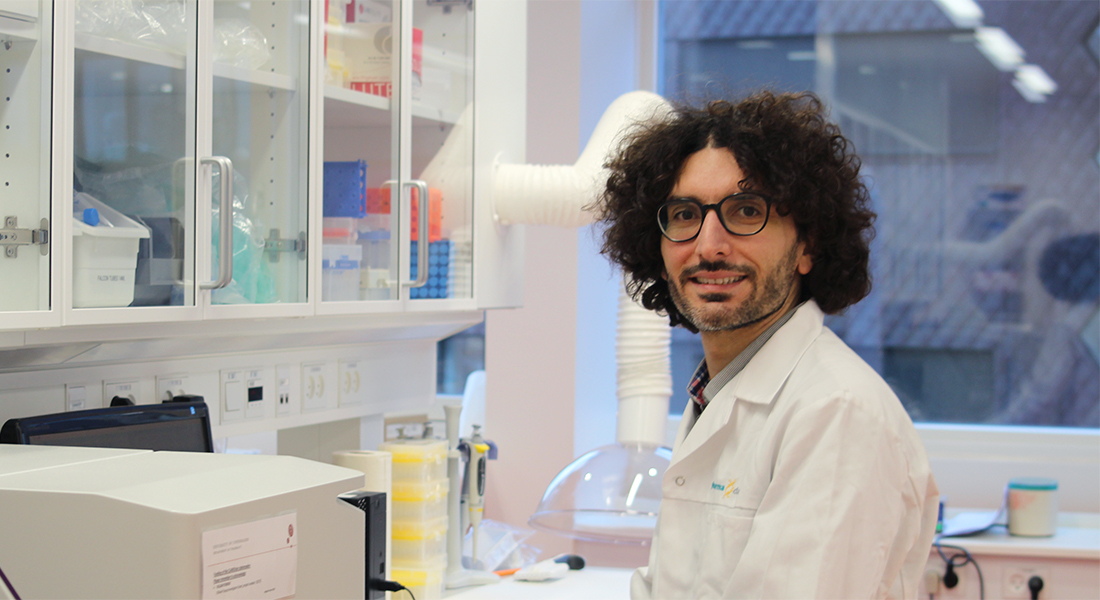Protein behavior in synthetic cells
Proteins may lose their normal function and lead to neurodegenerative diseases such as Alzheimer’s and Parkinson’s. This process, named protein aggregation, happens gradually in the brain over time, and it’s an accumulating process, easily spreading to living and normally functioning cells. If we can get a better understanding of why and how this misfolding of proteins actually happens in cells, it will create a much better foundation for future treatments of these diseases.

Associate Professor Vito Foderà will investigate this as VILLUM Young Investigator with the project “Protein Phase Separation and Solid Transition in Synthetic Cells (ProSeC)” for which he has received 4 mill DKK from VILLUM FONDEN. A PhD student and a postdoc will be recruited for the project.
Protein stability in living cells is almost impossible to study
It is extremely difficult to study protein structure and function in living cells experimentally, because living cells consist of a
myriad of different components that interact with each other and affect the proteins’ behavior. This setup also makes it difficult to identify the role of each cell constituent on proteins. To solve this problem, Vito Foderà and his team will generate artificial cells in which they can fully control the different components and single out the effect of each of them on proteins.
Associate Professor Vito Foderà comments on being named a VILLUM Young Investigator:
“I am truly thankful to VILLUM Fonden for the continuous support of our activities. In 2018, the foundation allowed me to establish my research team. Today, obtaining this new funding testifies the great work that my postdocs, PhD students and master students have been doing over the last 5 years. My acknowledgements also go to the collaborators and the Department of Pharmacy for the support.”
The researcher and his team will specifically study the process called protein liquid-liquid phase separation (LLPS). LLPS consists of two distinct liquid phases of the protein, a highly concentrated phase and one phase with a lower concentration. The dense phase has been indicated as a step leading to pathological protein aggregates involved in neurodegenerative diseases. But the problem with research studies that have been made so far of this phenomenon in vitro and in simplified solutions is that they overlook the complexity of cells.
On the methods and perspectives of the new basic research project, Vito Foderà says: “We will establish advanced imaging approaches and theoretical methods to retrieve the multidimensional phase diagram for proteins as a function of the synthetic cell parameters, i.e., presence of different interfaces and geometrical confinement. On the long-term perspective, we aim at creating a synthetic biology platform for the screening of inhibitors of the protein aggregation process.”
